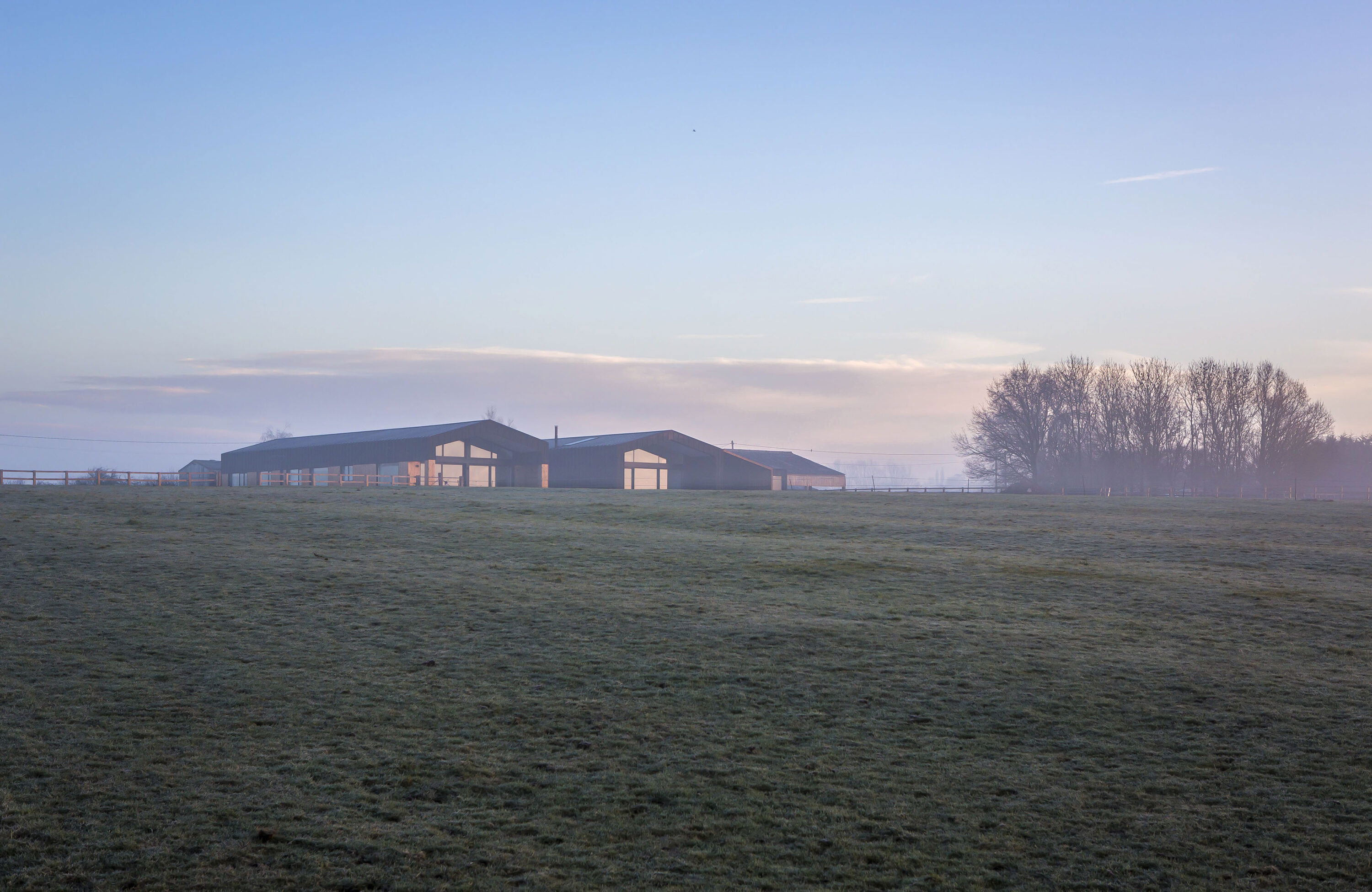
Barn conversions – do you need to seek full planning permission?
Behind this picture of a stunning barn conversion is a realistic approach to planning, design, project management and budget.
Our extensive experience in barn conversion developments means we are are able to add valuable expertise to the view of property owners who have their own vision of transforming an unloved barn, but need help along the way.
Planning permission is usually central to bringing any barn conversion project to life. Here we outline the key considerations.
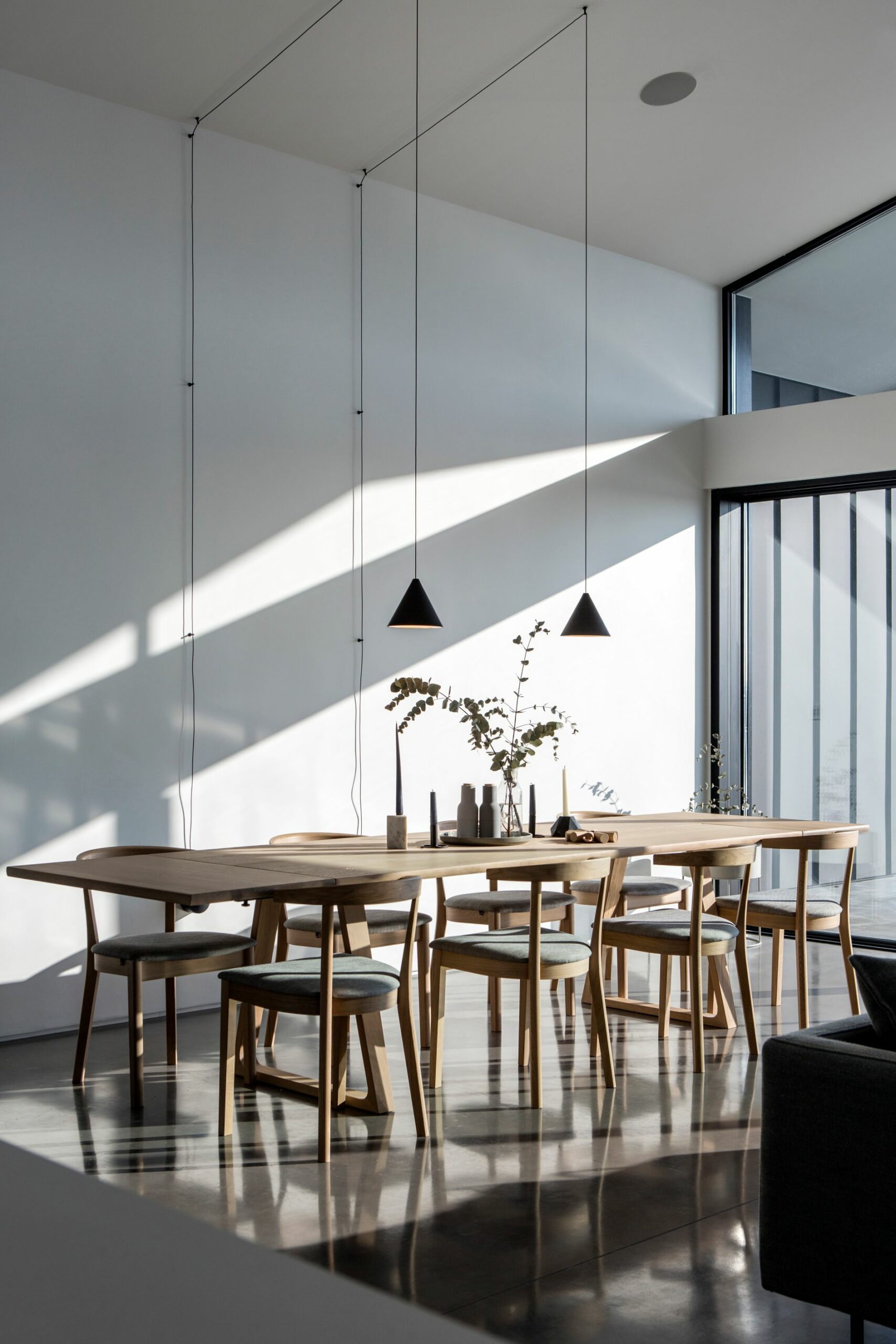
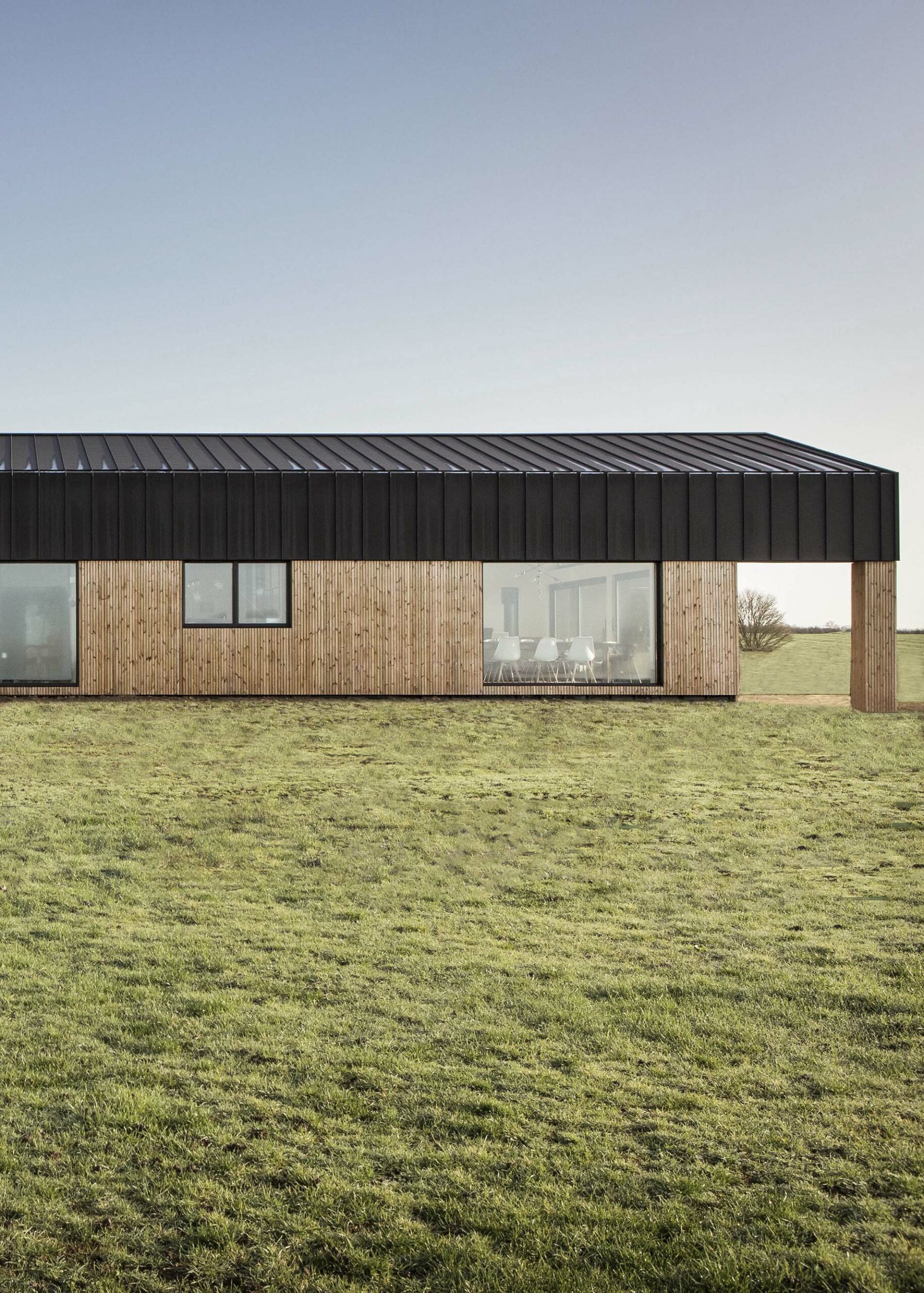
Class Q permitted development or full planning?
Whether you would like to convert a barn from agricultural use or breathe new life into a building which has already been converted, you’ll need to understand the intricacies and specific details you will need to cover to make your plans acceptable to the local authorities.
It may be that your property, like the barn conversion in Buckinghamshire which is pictured above, falls under what’s known as Class Q Permitted Development.
Class Q permitted development allows you to convert both old and new barns without having to request full planning permission, as long as:
• the building was in agricultural use on or before 20th March 2013;
• it isn’t listed;
• it isn’t in an area of AONB, a National Park or a conservation area.
While the introduction of Class Q has made it easier to bring many barn conversion plans to life, many are by nature listed and as such will still require full planning permission, even if the building was converted some time ago and is currently in use as a dwelling.
Full planning criteria will vary for listed and unlisted barns, with the planning authorities requiring more detailed information on how the character of the property and surrounding area will be affected, especially if you are in a conservation zone.
While the oldest listed barn conversions are the most challenging projects from both a planning and technical perspective, they are also ultimately the most rewarding and the finished articles can be truly stunning.
Our team of architects have taken on a number of barn conversion projects over the past few years, so this is an area of particular expertise for us.
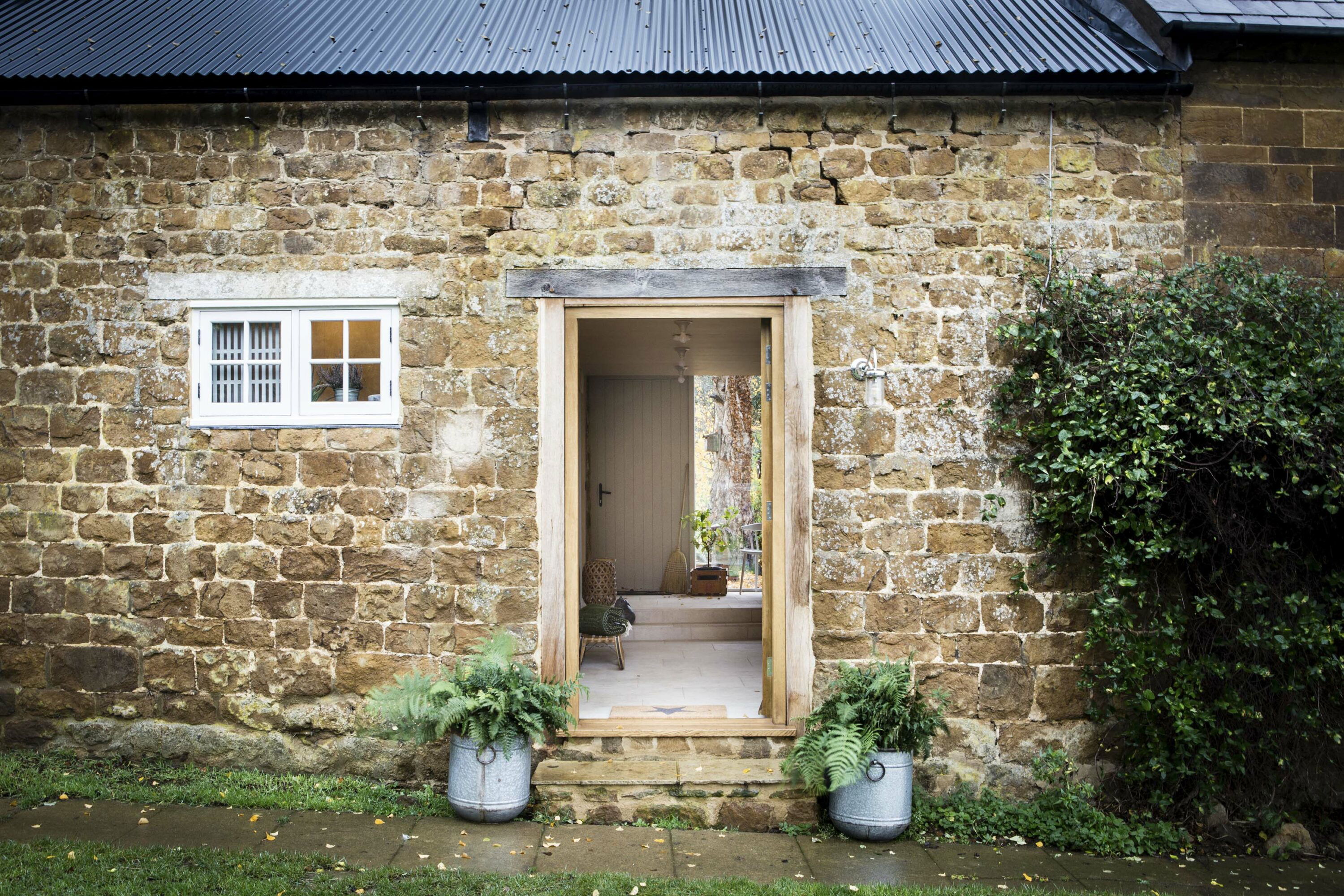
Steps to a successful barn conversion planning application
Our approach usually involves undertaking a feasibility study in the first instance. A feasibility study results in sketches of the external view of the property as well as floor plans and an explanation of details such as building materials to be used. It allows us to gain the confidence of the planning authorities and means we can proceed with detailed plans knowing that they’re more likely to be acceptable, saving clients’ time, money and, of course, frustration.
When we move into the full design stage, to prepare for a full planning application, we work further on the design but also on the technicalities of the building. In some cases, it is necessary to involve experts such as historic consultants, specialist structural engineers who understand timber-framed buildings as well as ecologists if the development impacts bats and other wildlife. From a materials point of view, we work with specialists in the ‘old trades’ like thatching and lime plastering. These are not the kind of projects that you should take on without specialist knowledge or experience.
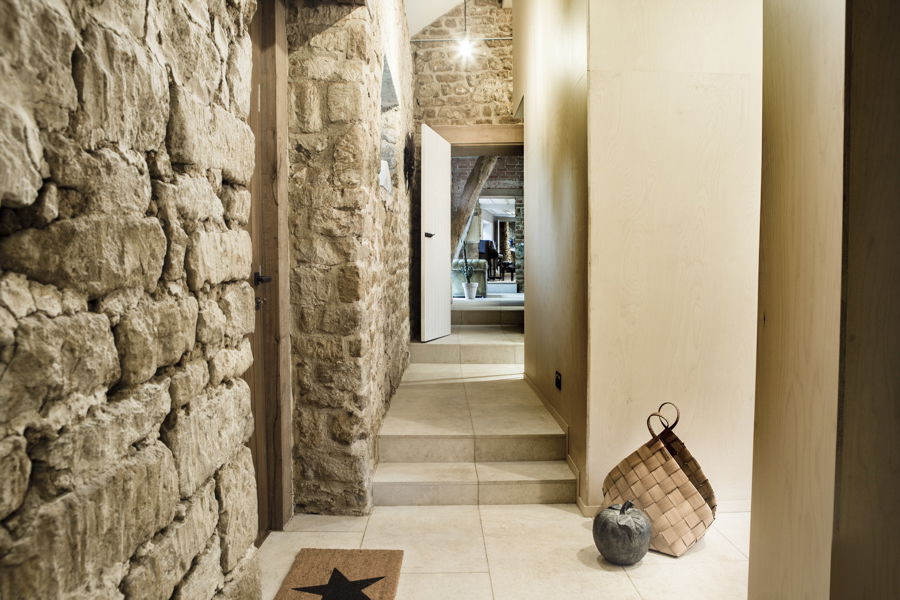
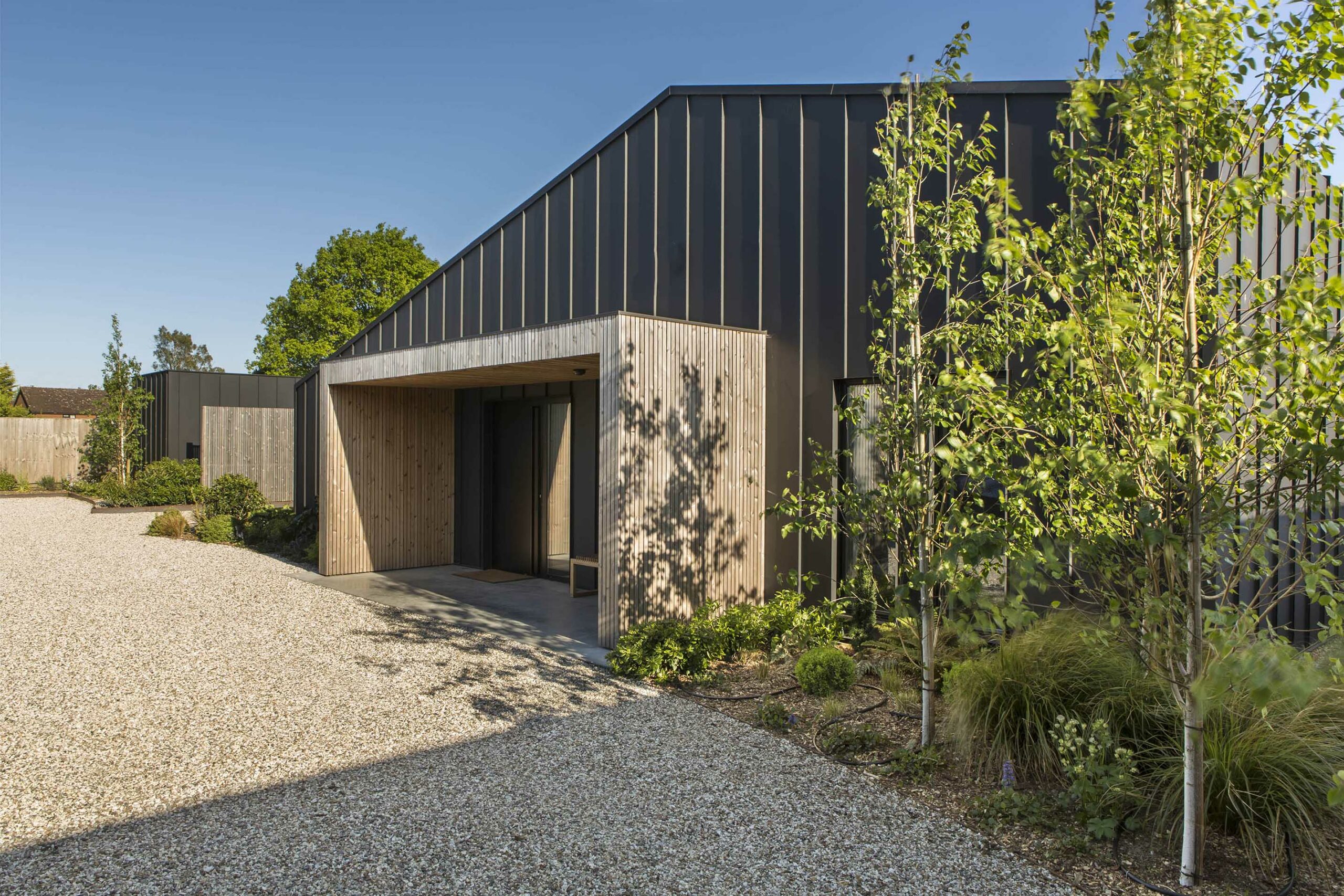
While all of this detailed work may appear daunting at first, we’ve shown time and again that it’s the fastest, easiest and most cost-effective way to bringing a barn conversion to life.
“Like with many things in life, if you try to cut corners you often pay the penalty later on,” concludes Ben.
Ben Holland is a Partner at HollandGreen, luxury residential architects in Oxfordshire, Surrey, Buckinghamshire, Berkshire and London. Ben and our team of architects can be contacted at our Thame studio on 01844 390 381.
View our barn conversion case studies
View our completed barn conversion case studies in the Barn Conversions section. We have recently completed a number of feasibility studies on barn conversion projects. Soon to come see how we will be rejuvenating an old water mill or take a look at our plans for a new barn conversion in Oxfordshire.